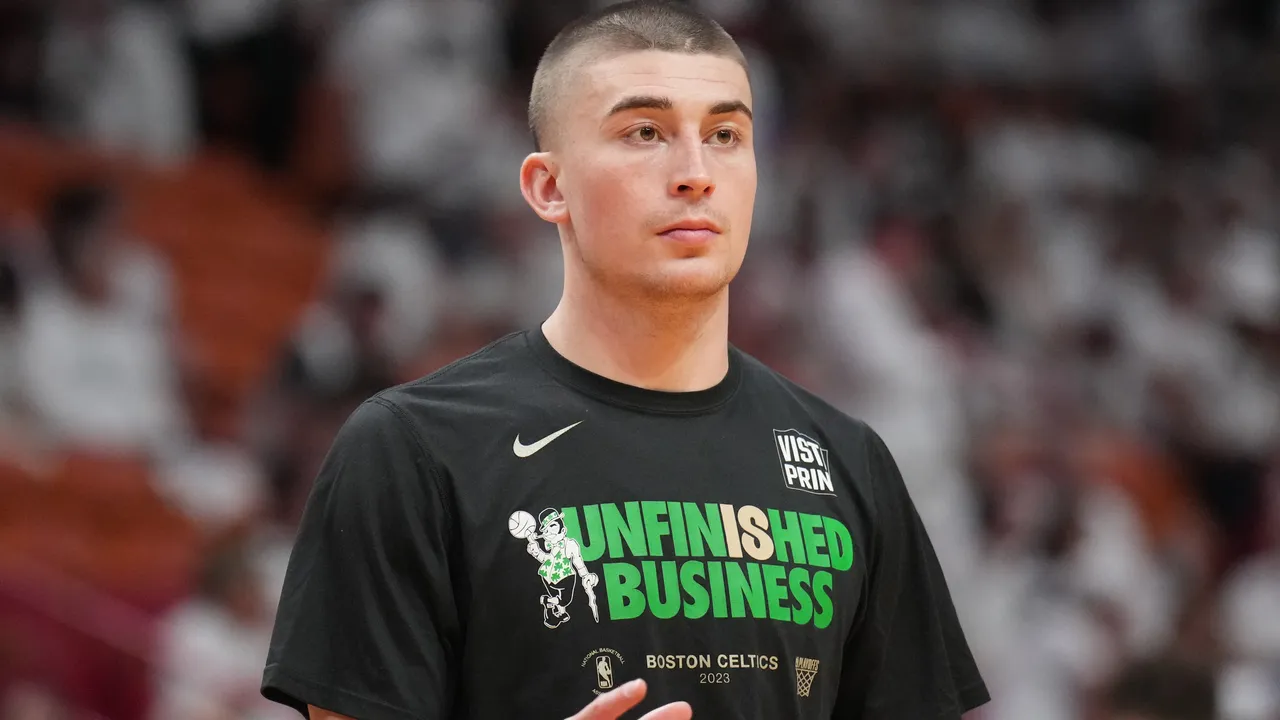The long July wait for Jaylen Brown and the Boston Celtics to come to agreement on the largest contract in NBA history ended Tuesday, with Brown set to ink a five-year, $304 million supermax contract that could keep him in Boston until 2029.
The 26-year-old Brown was supermax eligible after landing on the All-NBA second team this past season. It’s likely the first of two supermax splurges the Celtics will make in consecutive summers with teammate Jayson Tatum eligible for his own extension next July.
So, what changes now that Brown and Boston have an agreement?
Stay in the game with the latest updates on your beloved Boston sports teams! Sign up here for our All Access Daily newsletter.
Security for the 2023-24 season
Whenever Brown formally inks his supermax deal, he will not be eligible to be traded for one year, ensuring a rare season outside the rumor mill. The delayed nature of signing might make it a quiet start to next July, too.
Brown’s extension does not kick in until next summer and he’ll earn $31.8 million in the final year of his rookie extension. Boston’s finances don’t change this year. The team is still in position to try to avoid the second apron but must decide how to fill out the final spots of its 2023-24 roster. This is the final season before more restrictive penalties kick in for high spenders.
The Celtics, after adding Kristaps Porzingis and extending him as soon as the new league year opened in July, are now positioned to put their full focus on a push to get back to a title stage this season.
MORE CELTICS ANALYSIS
Sticker shock now, movable later
While many will scoff at Brown signing a lucrative deal at the full 35 percent of the salary cap, player salaries are skyrocketing and the salary number won’t likely seem quite as jarring as the deal progresses.
But the numbers are jarring. With a projected cap of $149 million for the 2024-25 season, Brown will earn $52.4 million in Year 1 of his deal. That will escalate to $69.1 million for the 2028-29 season.
Given the salary commitment to both Tatum and Brown, along with Porzingis' two-year, $60 million extension, the Celtics will likely have to make tougher choices about what exactly is the core of their team once Tatum’s supermax extension hits the books.' two-year, $60 million extension, the Celtics will likely have to make tougher choices about what exactly is the core of their team once Tatum’s supermax extension hits the books.
Porzingis provides a bit of a safety net in the possibility that Brown or the Celtics do not foresee a long-term partnership together. But the Celtics could offer far more money than any other suitor and it was hard to envision the two sides not getting to the finish line of a deal.
All indications to this point are that Boston is committed to building around the Jays and believe that duo can eventually push the Celtics to that elusive Banner 18.
Even at an average annual value over $60 million, Brown’s deal will likely be tradable if the team ever decides to alter its path.
Give and take
So why did the negotiations stretch into late July? Both sides hinted that there was little urgency for a deal that had until October to get completed. With Boston committed to paying the full supermax, the team likely didn’t want to offer a fifth-year player option. Brown likely wanted a trade kicker to take any sting out of potentially being moved further down the road.
Both sides got a bit of what they wanted. The deal reportedly does not include a fifth-year option but does include the trade kicker. It’s an extra bit of security for both sides as part of a monster deal.
Squeeze on the supporting cast
The toughest part of Boston’s ballooning salaries for Brown and Tatum is simply that, by the summer of 2025-26 when Tatum’s new deal would kick in, the Celtics are going to have limited resources to put high-level talent around the Jays. They'll also likely pay a hefty luxury tax price to field two supermax players at the top of the roster.
But, while Boston has to be alert to its long-term path, those are concerns for further down the road. Signing Brown should be a chance to step back and celebrate a homegrown talent who has consistently improved to become an All-NBA presence, and has been rewarded with the richest contract in NBA history.
The challenge for Brown is continuing to have the same drive to improve, even after inking the largest deal in NBA history. Motivation has rarely been an issue for Brown throughout his career and he’s routinely been motivated to improve his game each season.


